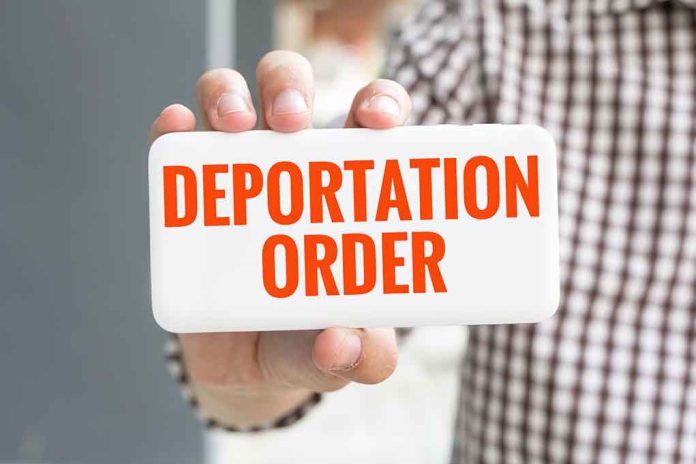
Cyprus introduces a smart solution to manage Syrian migrants by offering cash payments for voluntary repatriation while allowing breadwinners to maintain employment in the country for up to three years.
Key Takeaways
- Cyprus is offering financial assistance of 2,000 euros per adult and 1,000 euros per child to Syrian families willing to return to their homeland
- The program includes a special 3-year work permit for the main income earner to remain in Cyprus while their family resettles in Syria
- Applications are being accepted from June 2 to August 31, 2024, with families required to drop asylum claims to qualify
- The initiative could serve as a model for other European nations struggling with migration issues
- Syrian nationals represent the largest group of asylum-seekers in Cyprus, prompting this targeted approach
A Balanced Approach to Repatriation
Cyprus has unveiled a groundbreaking program that offers a practical solution to managing its Syrian migrant population while respecting humanitarian concerns. The Mediterranean island nation will provide financial assistance to Syrian families who voluntarily return to their homeland, while simultaneously allowing the primary breadwinner to remain in Cyprus with legal work status for up to three years. This innovative approach addresses both the country’s need to manage migration flows and the economic realities faced by Syrian families considering repatriation.
“Cyprus will offer Syrian families money to help them resettle back in their homeland and allow the main income earners to remain on the island nation for up to three years to work as part of a voluntary repatriation program, a Cypriot minister said Thursday,” stated a Cypriot minister.
The program, which runs from June 2 to August 31, provides a one-time payment of 2,000 euros for each adult and 1,000 euros for each child. To qualify, families must withdraw any pending asylum applications or give up their international protection status. This requirement ensures that only those genuinely committed to returning will receive benefits, preventing potential abuse of the system. The main income earner who stays in Cyprus will be permitted to travel between Cyprus and Syria during the permit period, facilitating family visits and oversight of resettlement efforts.
Addressing the Migration Challenge
Cyprus has faced significant challenges as a frontline EU member state dealing with migration pressures. Syrian nationals currently constitute the largest group of asylum-seekers in the country, putting strain on resources and systems. This program represents a strategic shift from merely managing migrant populations to facilitating humane repatriation with practical support. By allowing the primary income earner to continue working legally in Cyprus, families can maintain financial stability while rebuilding their lives in Syria.
“This new program is a targeted, humanitarian and realistic policy that bolsters Syria’s post-war transition to normality,” said Nicholas Ioannides, Deputy Minister for Migration.
This initiative stands in stark contrast to the approach taken by many Western European nations, which have created systems that incentivize permanent dependency rather than encouraging self-sufficiency and eventual return to home countries. Cyprus’s program acknowledges that many migrants would prefer to return home if economic conditions allow, and it creates a bridge for that transition. The approach balances compassion with the practical reality that nations must manage their borders and resources responsibly.
Setting a Precedent for Europe
The Cypriot model could serve as a template for other European nations grappling with similar migration challenges. While leftist organizations have criticized Cyprus’s handling of migrants, including allegations of pushbacks that Cyprus denies, this voluntary program offers a middle path that respects human dignity while addressing sovereign concerns. The program’s focus on families rather than single male migrants also aligns with security priorities and humanitarian considerations for the most vulnerable.
Unlike the chaotic open-border policies that have created significant social and economic problems across Western Europe, Cyprus’s approach represents a measured, common-sense solution that benefits both the host country and migrants themselves. By providing financial assistance for repatriation while maintaining temporary economic ties, Cyprus is charting a course that recognizes both national interests and humanitarian obligations—a balance that has been notably absent in much of Europe’s migration policy.




